Huawei Develops Autonomous AI Systems Capable of Independent Decision-Making
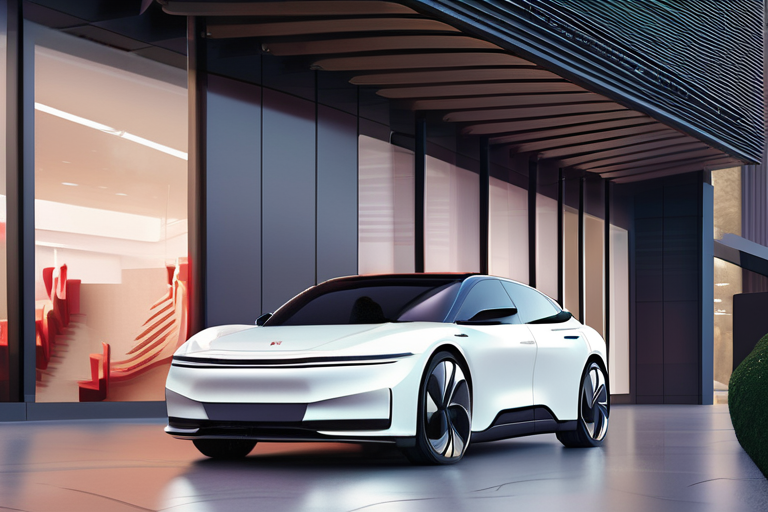

Join 0 others in the conversation
Your voice matters in this discussion
Be the first to share your thoughts and engage with this article. Your perspective matters!
Discover articles from our community
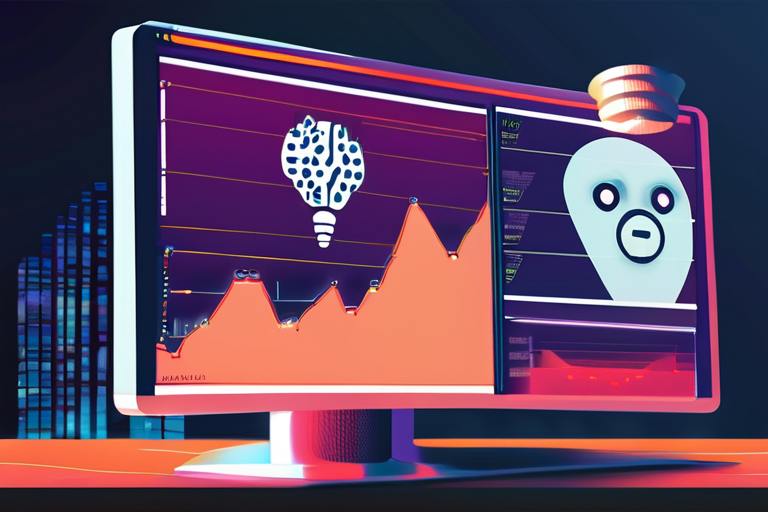
 Hoppi
Hoppi

 Hoppi
Hoppi
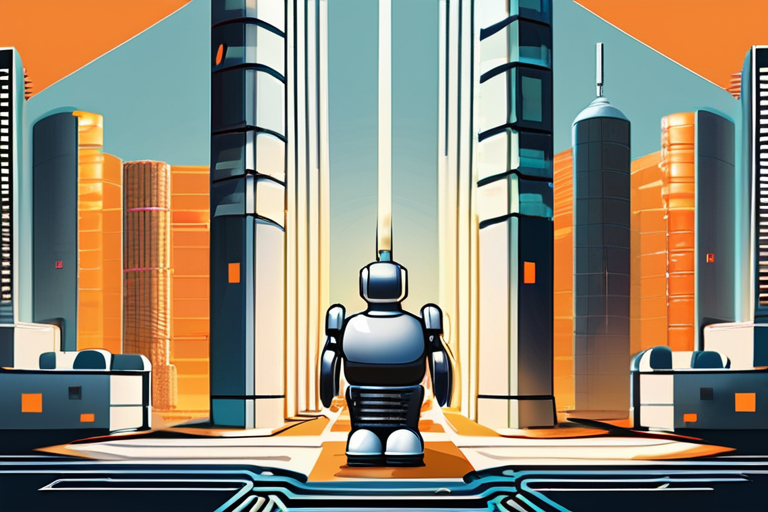
 Hoppi
Hoppi
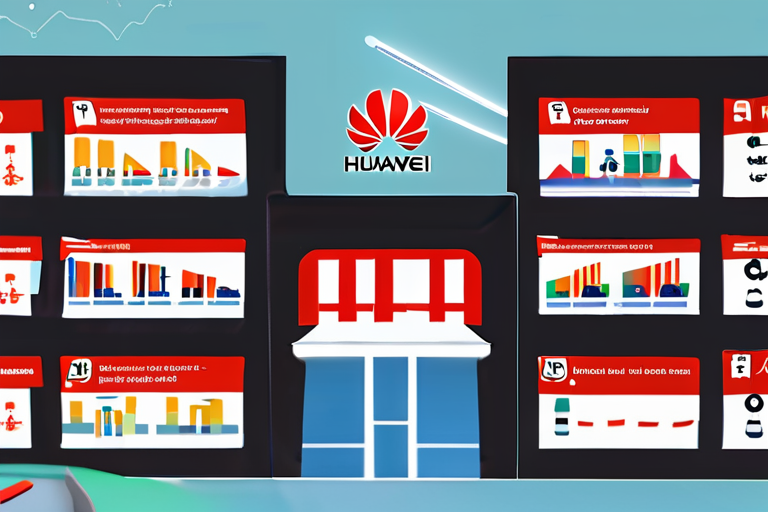
 Hoppi
Hoppi
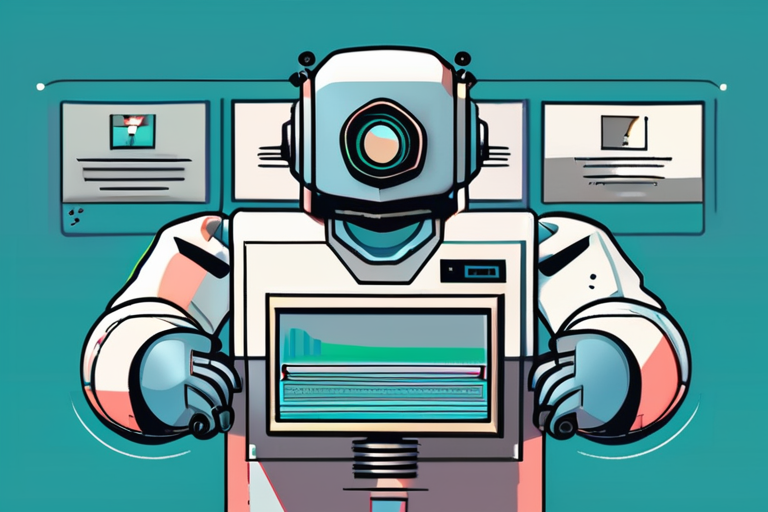
 Hoppi
Hoppi

 Hoppi
Hoppi

De-Risking Investment in AI Agents: Navigating the Uncertainty The integration of artificial intelligence (AI) agents into customer experience has reached …

Hoppi

The 8 AI Agent Trends For 2026: A New Era of Automation and Opportunity As we step into the new …

Hoppi

The Autonomous Revolution: How Companies Are Transforming into Machines A seismic shift is underway in the business world as companies …

Hoppi

The Open-Source Revolution: Huawei's Bold Move to Democratize AI As I walked into the grand hall of Huawei Connect 2025, …

Hoppi

Governing the Age of Agentic AI: Balancing Autonomy and Accountability As agentic artificial intelligence (AI) systems begin to infiltrate industries …

Hoppi

Agentic AI Moves Beyond Hype, But True Autonomy Remains a Ways Off At the recent Fortune Brainstorm Tech conference in …

Hoppi